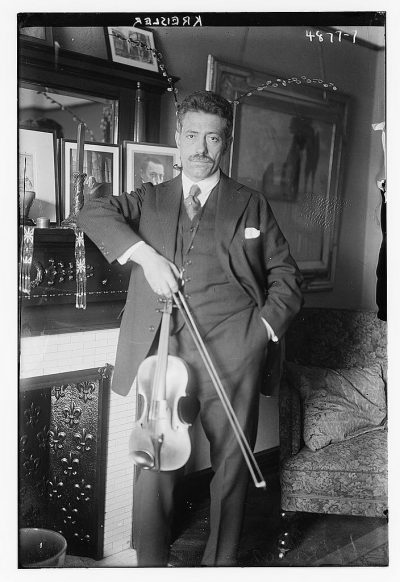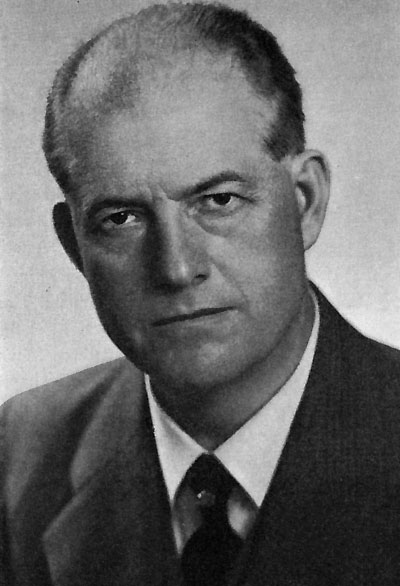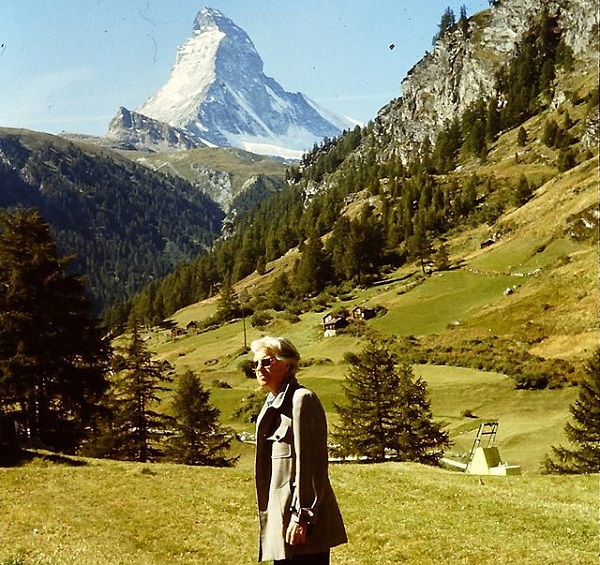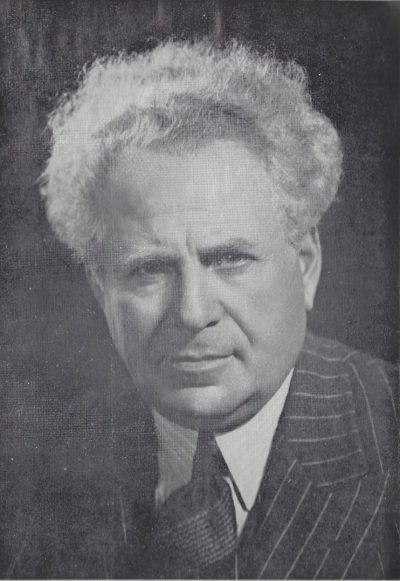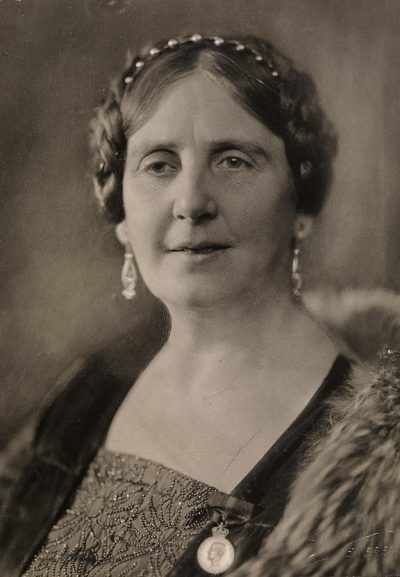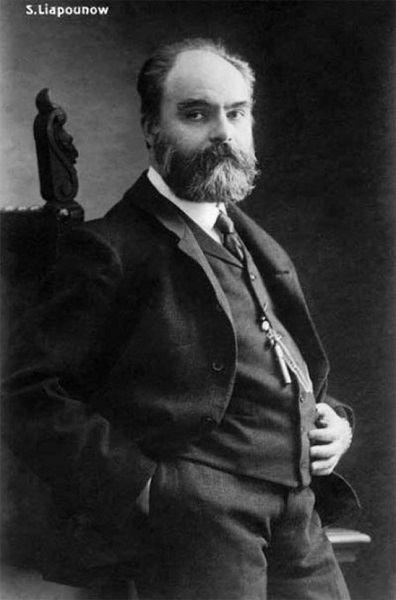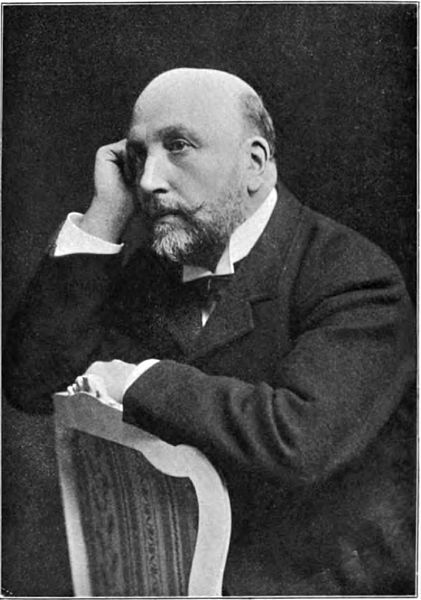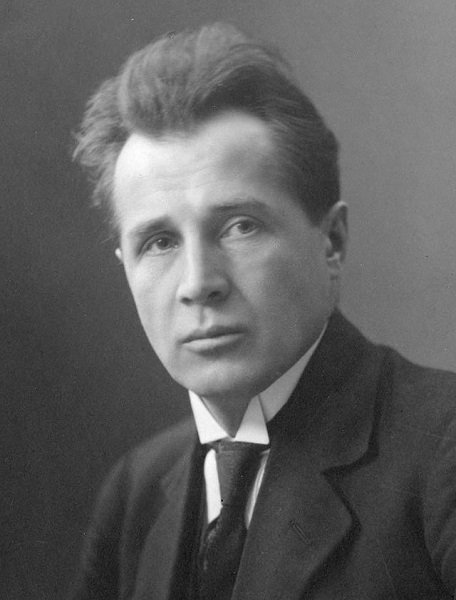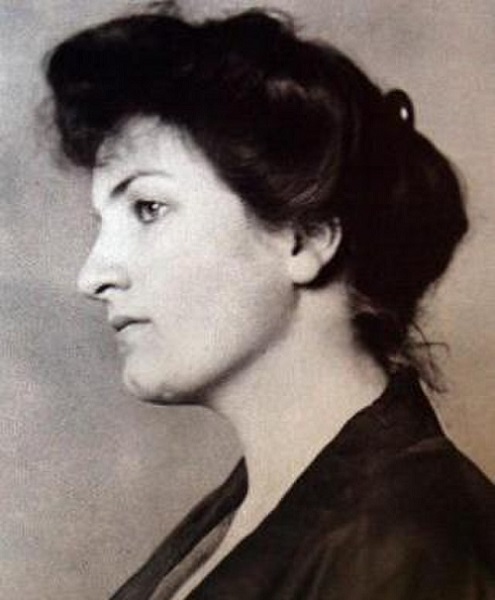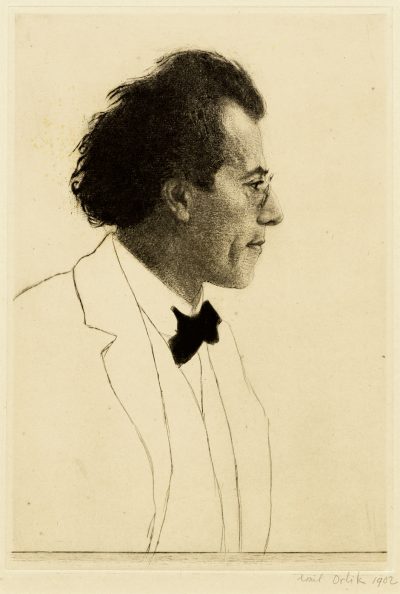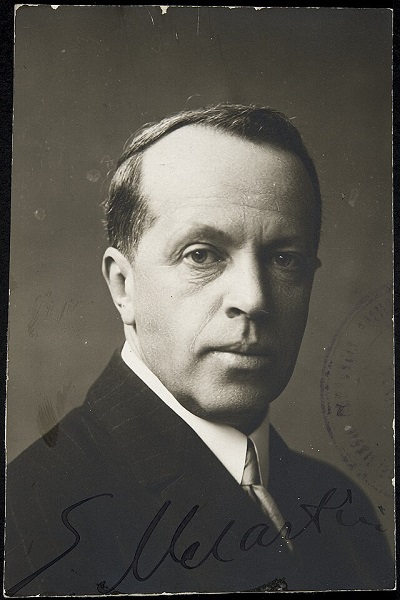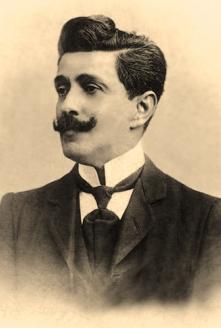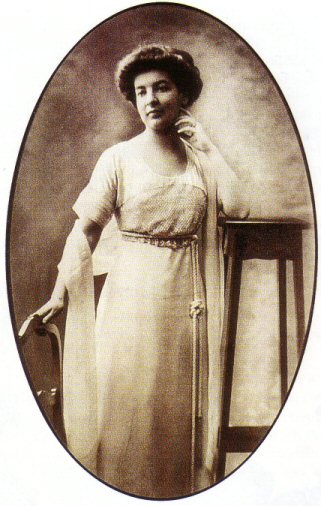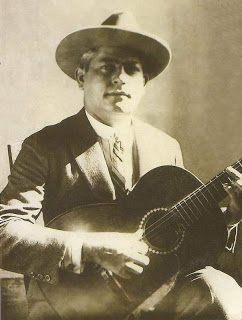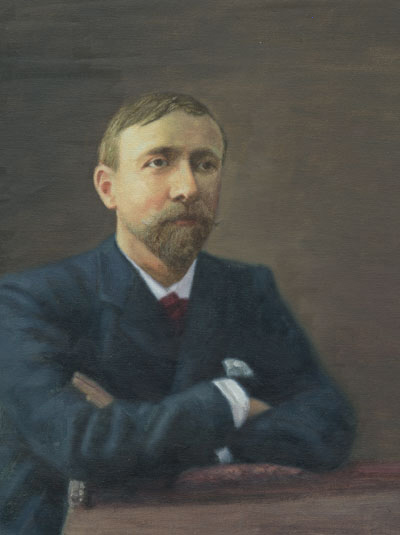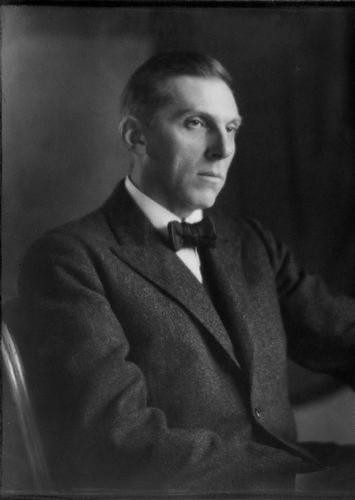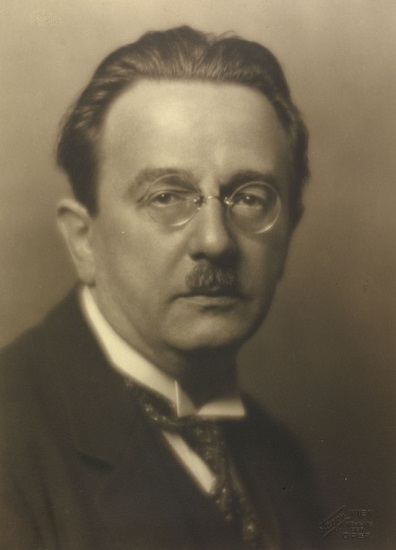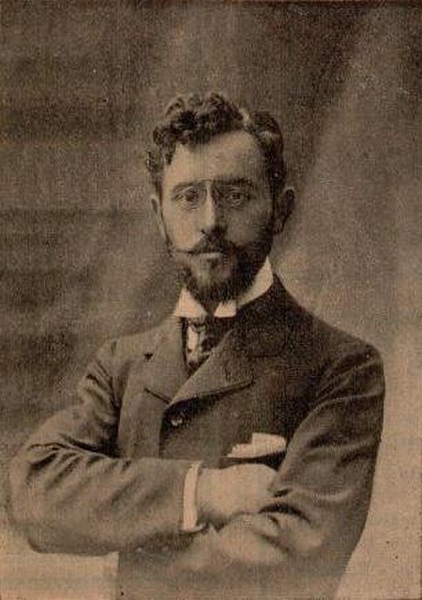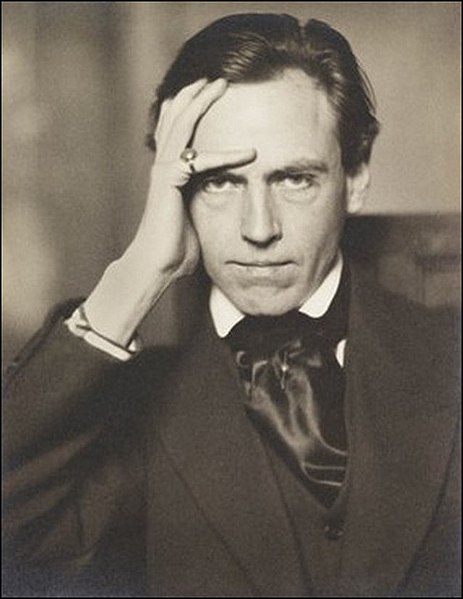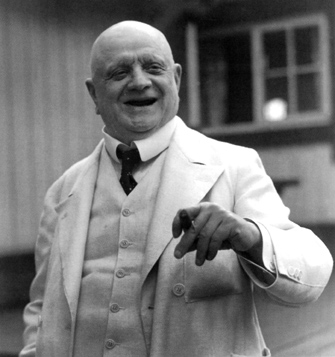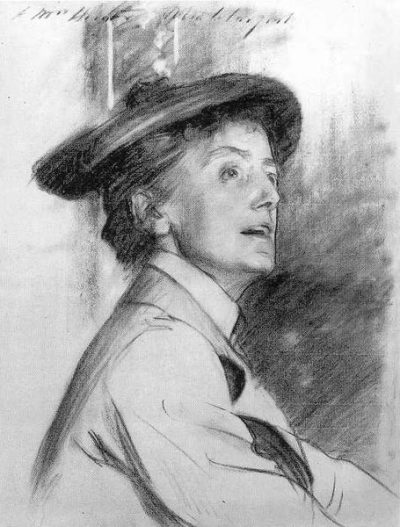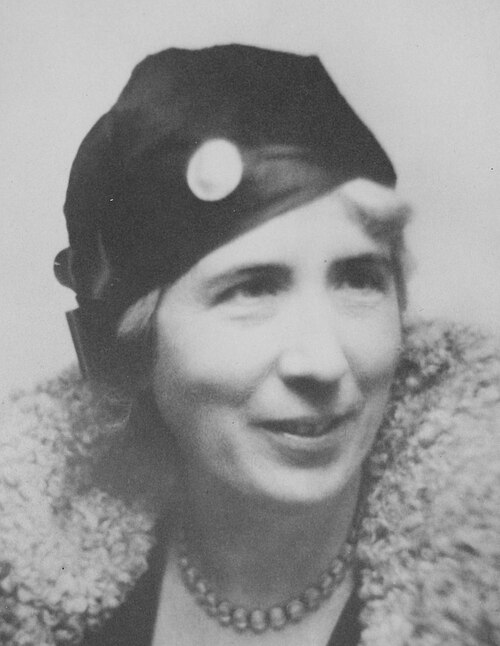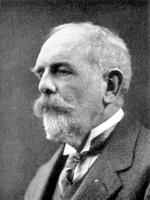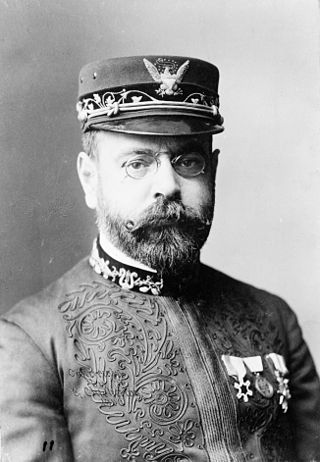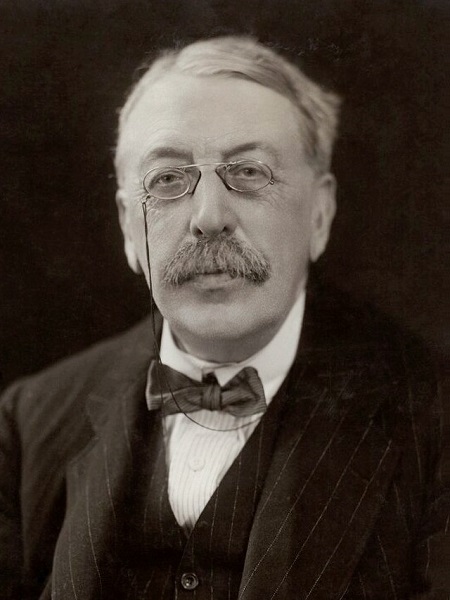Born in Vienna, Feb 2, 1875
Died in New York, Jan 29, 1962
- While also a composer, Fritz Kreisler is best known for his mastery of the violin. At just seven years old, Kreisler was admitted to the Musikverein Konservatorium (the youngest student ever to enter).
- He went on to study at the Paris Conservatory, where he won the Premier Grand Prix de Rome at 12 years old.
- In his teens, Kreisler toured in the United States. However, following his return to Vienna, he began feeling discouraged about his success as a musician and switched his focus to studying medicine.
- In 1899, after nearly a decade away from performance, Kreisler returned to the stage where he would continue to foster an international career as a virtuoso violinist.
- Fun fact – Kreisler was an anomaly in that he achieved such an exemplary skill level on his instrument despite devoting very little time to practicing.
- As a composer, Kreisler is well-known for his compositions ascribed to 18th-century composers, such as Pugnani, Francoeur, and Padre Martini. The pieces were originally published as arrangements, but the composer later admitted they were original works.1
Learn More
Biography from Interlude, which goes into more detail about Kreisler’s military experience, among other aspects of his life.

